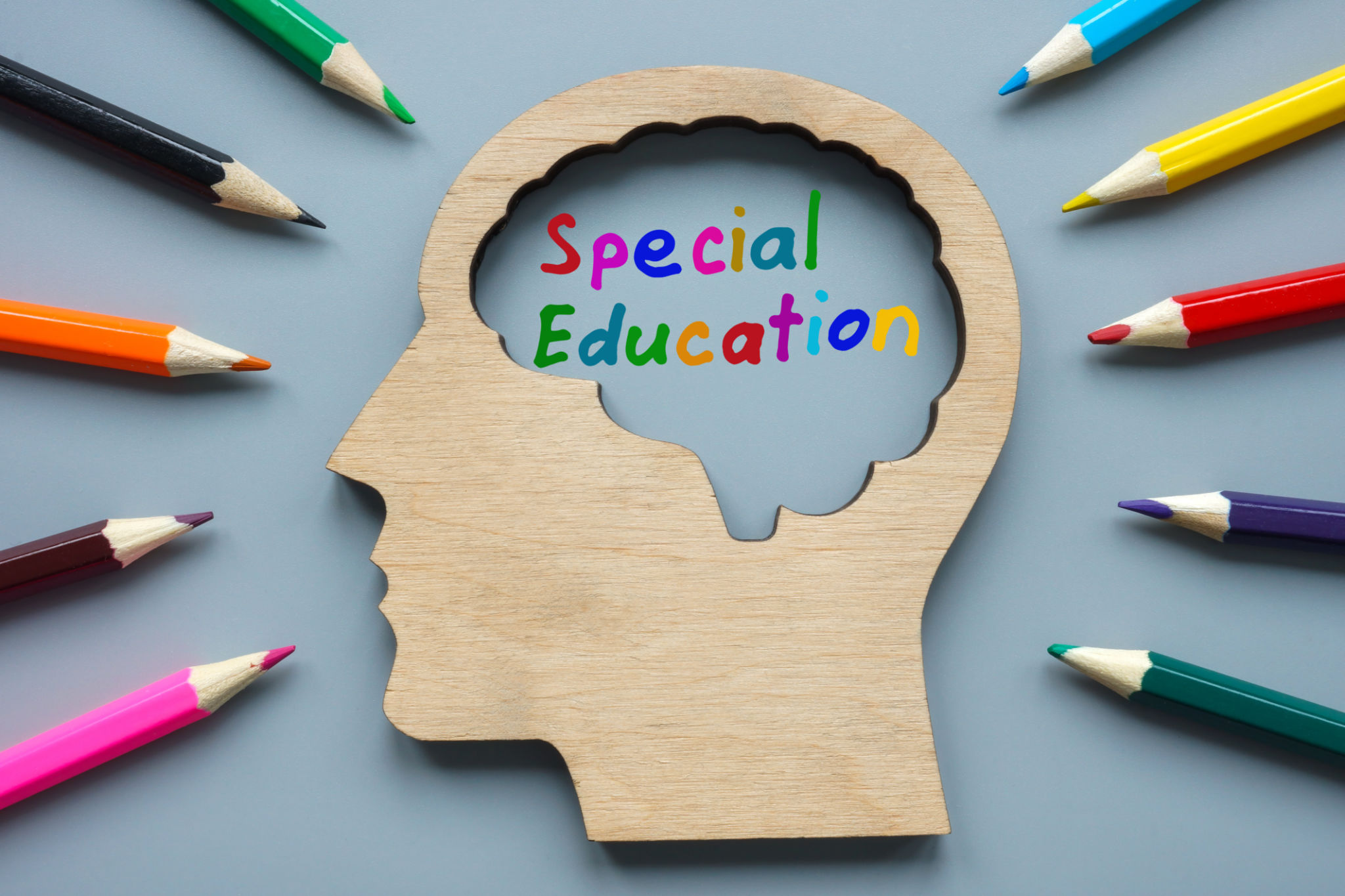Educational Psychology and Its Impact on Special Education
Understanding Educational Psychology
Educational psychology is a branch of psychology that focuses on understanding how people learn, including the various factors that influence the learning process. This field seeks to optimize educational practices by studying how students absorb and retain information, the role of emotions in learning, and the impact of different teaching styles. By applying these insights, educators can create more effective learning environments.
One of the key aspects of educational psychology is the study of cognitive development, which examines how thinking and understanding evolve over time. This includes exploring how children process information differently from adults and how their learning needs change as they grow. Understanding cognitive development helps educators tailor their teaching methods to align with students' developmental stages.

The Role of Educational Psychology in Special Education
In special education, educational psychology plays a crucial role in designing personalized learning plans for students with diverse needs. By leveraging psychological principles, educators can identify the most effective strategies for supporting students with disabilities. This includes adapting teaching methods, modifying curricula, and implementing individualized interventions to enhance learning outcomes.
Educational psychologists often collaborate with teachers, parents, and other specialists to develop comprehensive educational plans. These plans are designed to address the unique challenges faced by students with special needs, ensuring they receive the support necessary to thrive academically and socially. This collaborative approach is essential for creating inclusive educational environments that accommodate all learners.

Assessment and Intervention Strategies
Assessment is a fundamental component of educational psychology in special education. Through various assessment tools and techniques, psychologists gather valuable information about a student's strengths, weaknesses, and learning styles. This data is used to tailor interventions that align with the student’s specific needs and goals.
Intervention strategies in special education can vary widely, from behavioral interventions to cognitive-behavioral therapy and beyond. These strategies aim to address specific challenges such as learning disabilities, attention disorders, and emotional disturbances. By implementing targeted interventions, educators can help students overcome obstacles and achieve their full potential.
The Importance of Teacher Training
Teacher training is another critical area where educational psychology makes a significant impact on special education. By equipping teachers with knowledge and skills grounded in psychological principles, they are better prepared to meet the diverse needs of their students. Training programs often focus on topics such as differentiated instruction, classroom management, and effective communication techniques.

Moreover, ongoing professional development is essential for teachers to stay informed about the latest research and best practices in special education. By continually updating their knowledge and skills, educators can provide high-quality support to students with special needs, fostering an inclusive learning environment where all students can succeed.
The Future of Educational Psychology in Special Education
The future of educational psychology in special education is promising, with advancements in technology and research offering new opportunities for enhancing learning experiences. Emerging technologies such as artificial intelligence and virtual reality have the potential to revolutionize how educators deliver instruction and assess student progress.
Furthermore, ongoing research in neuroscience and psychology continues to shed light on the complexities of human learning. As our understanding of these processes deepens, educational psychology will play an increasingly vital role in shaping innovative approaches to special education that are both inclusive and effective.

In conclusion, educational psychology significantly impacts special education by providing the frameworks and tools necessary to support diverse learners. Through collaboration, assessment, and targeted interventions, educators can create environments where all students have the opportunity to succeed. As we look to the future, embracing new technologies and research will further enhance our ability to meet the needs of every student.